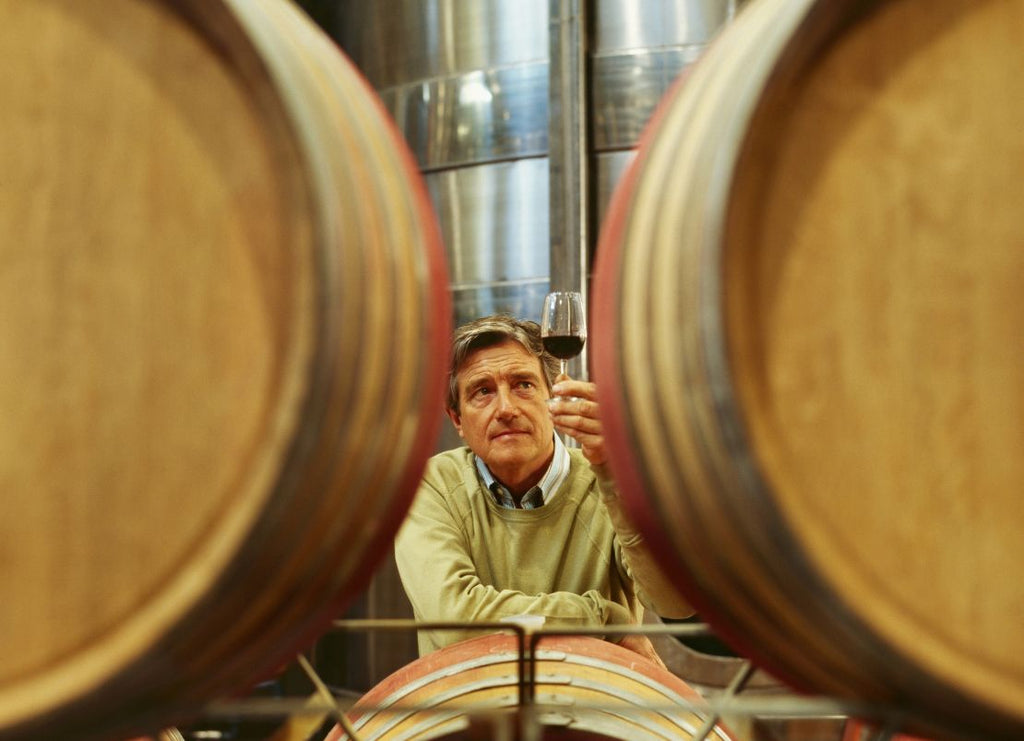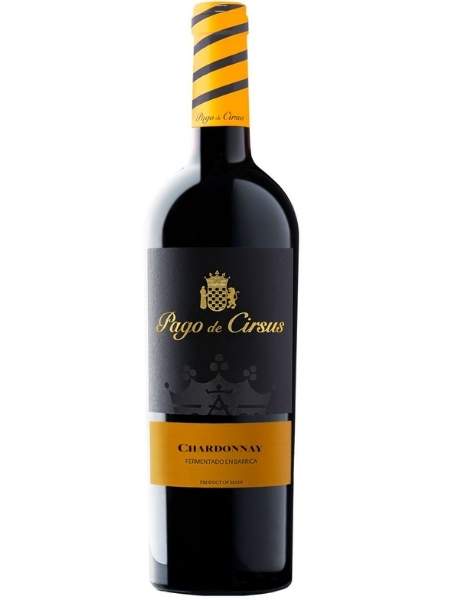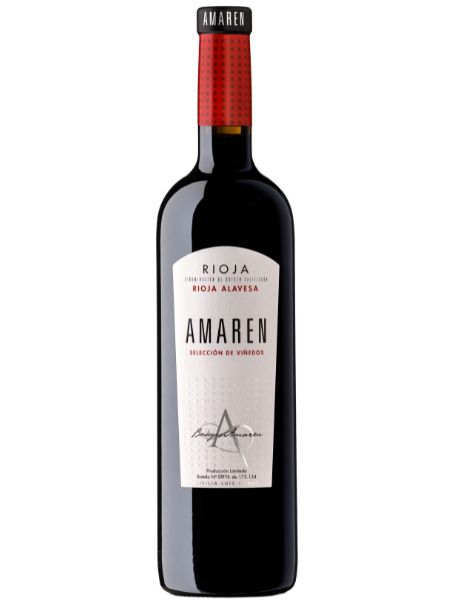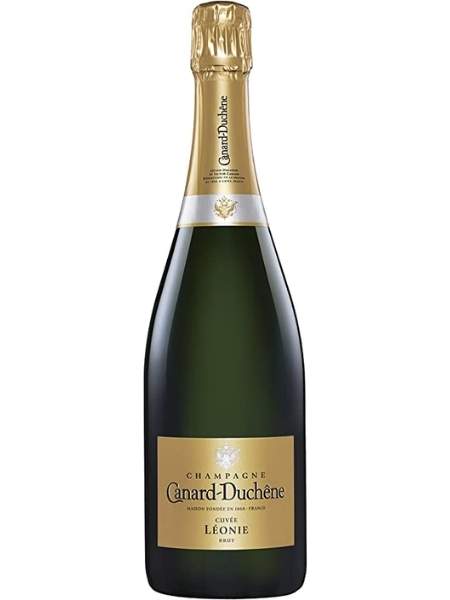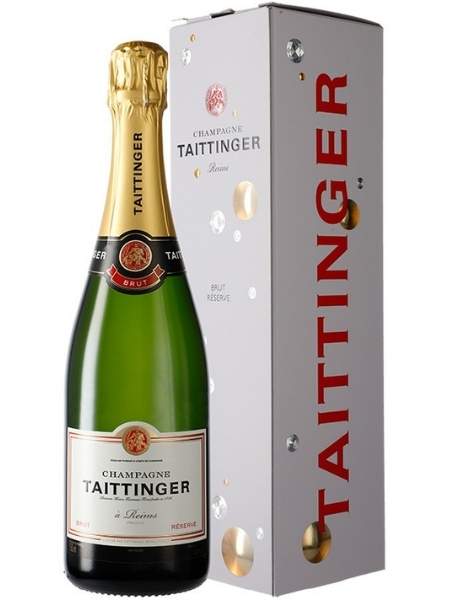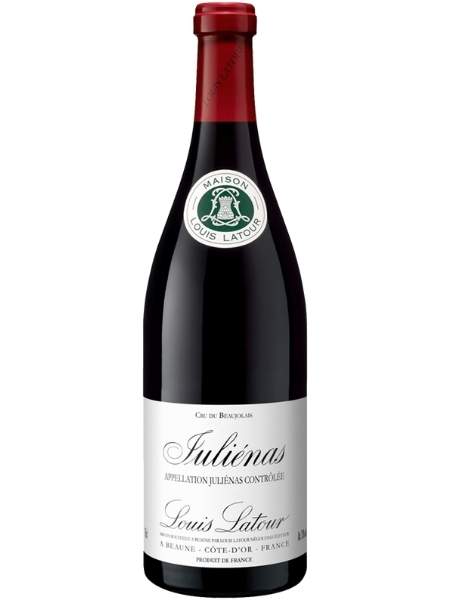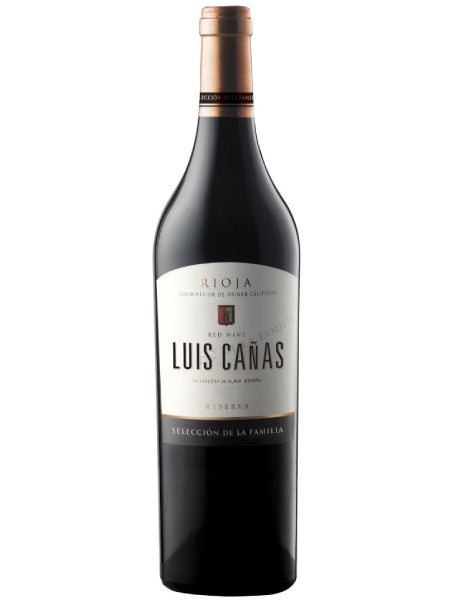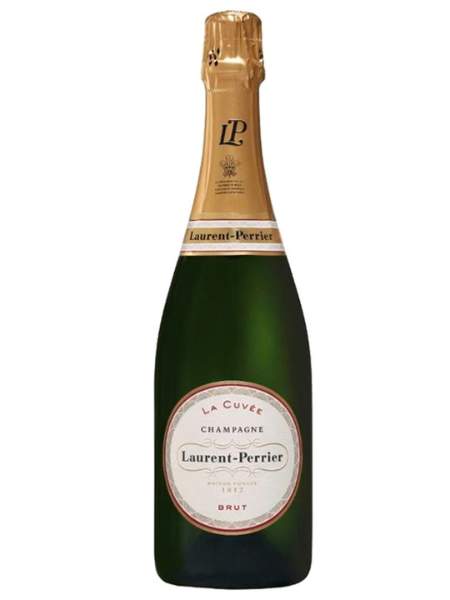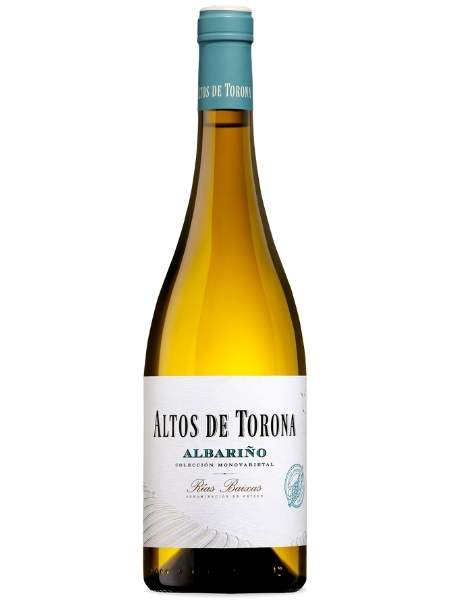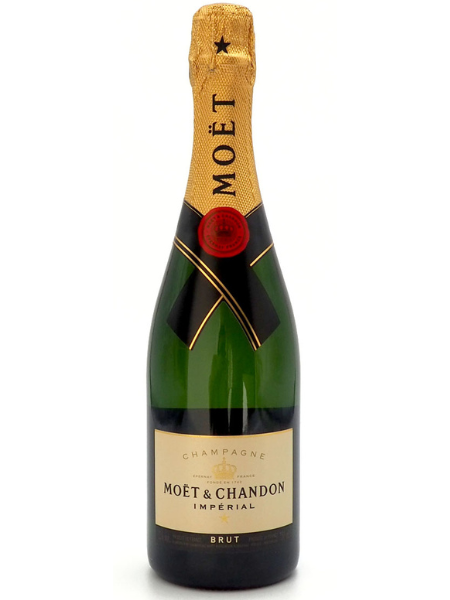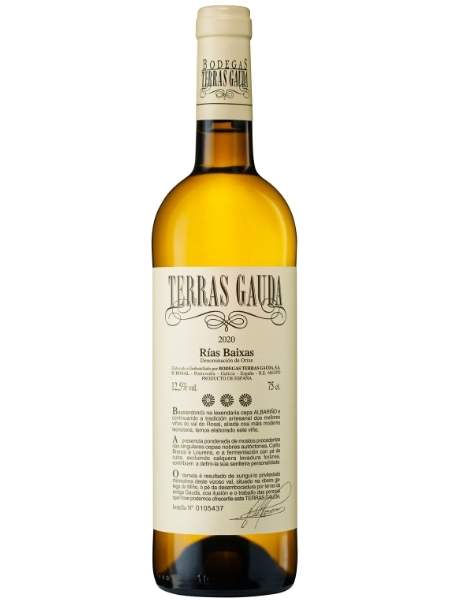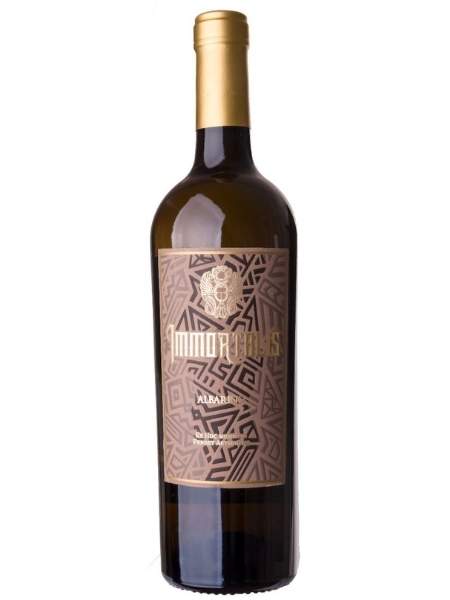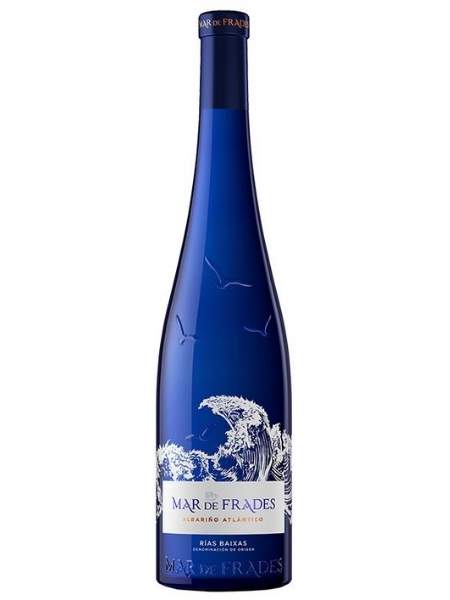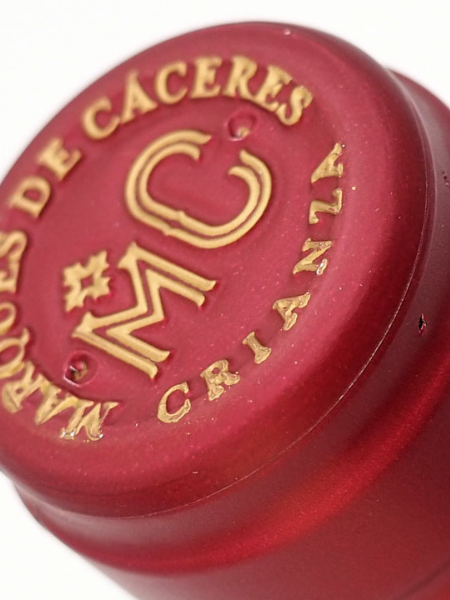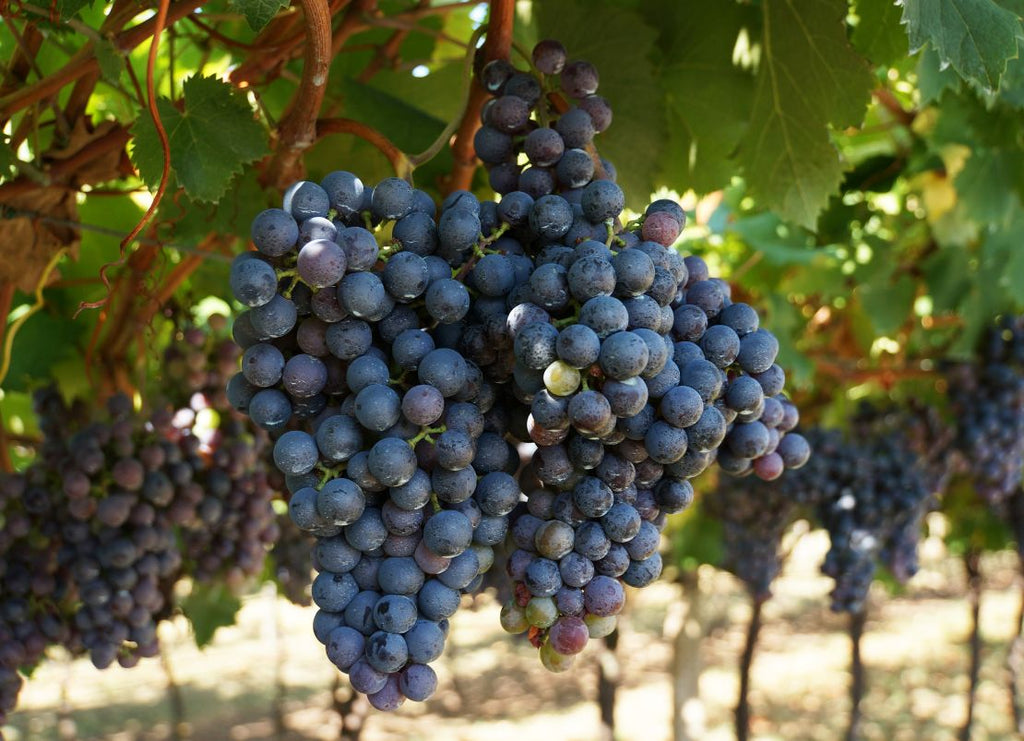
Organic, Biodynamic, Sustainable Wines: What’s the Difference?

Wine lovers, rejoice! The world of winemaking is evolving, and with it comes a heightened focus on sustainability, health, and responsibility. But with so many buzzwords floating around, it can be tricky to decipher what they all mean. If you've been wondering about the difference between organic, biodynamic, and sustainable wines, you're not alone. Let's uncork the mystery and break down what sets these wines apart.
What Makes a Wine “Organic”?
Organic wines are made from grapes grown without synthetic pesticides, herbicides, or chemical fertilisers. Instead, organic winemakers rely on natural methods to cultivate their vineyards. This means healthier soil, better biodiversity, and fewer harmful chemicals making their way into your glass (and the environment).
One key difference lies in added sulphites. While some organic certifications allow minimal sulphites for preservation, many organic wines are produced without them entirely. The result? A cleaner, more natural drinking experience.
Looking for a bottle to try? Browse our organic wine collection to explore eco-friendly options for your next pouring session.
What is Biodynamic Wine?
Think of biodynamic wine as organic winemaking, but taken to a whole new philosophical level. Biodynamic practices follow the principles laid out by Austrian philosopher Rudolf Steiner in the 1920s. These principles treat the vineyard as a self-sustaining, living ecosystem. Farmers work in harmony with the lunar calendar, use composting techniques, and even create natural "preparations" to strengthen the soil’s vitality.
Additionally, biodynamic wines usually avoid additives beyond essential ones like sulphites. Many enthusiasts believe this approach produces wines with unique character and an exceptional sense of place.
If you love the idea of a holistic approach to your wine, biodynamic options are truly worth exploring.
What Does “Sustainable Wine” Mean?
Sustainable wine is all about balance. It's a broader approach that incorporates environmental responsibility alongside economic and social considerations. Sustainable wineries aim to conserve resources, such as water and energy, while protecting the ecosystem and supporting their communities.
What sets sustainable wine apart is its flexibility. While it may not always adhere to strict organic or biodynamic standards, it’s focused on responsible production. Many sustainable wine producers implement renewable energy, reduce waste, and contribute to local economies.
If you’ve been hesitant to commit to organic or biodynamic but still want to do your part for the planet, sustainable wine is a great middle ground.
Why Do These Labels Matter?
Choosing an organic, biodynamic, or sustainable wine isn’t just about what’s better for the planet; it’s also about what’s better for you. These practices foster healthier vineyards, resulting in grapes that are more expressive and wines that are full of natural flavour. Plus, you’ll know that your wine choice supports a winemaker’s commitment to ethical, eco-conscious production.
Discover Our Organic Wines Collection
Whether you're a seasoned wine enthusiast or new to eco-friendly wines, now is the perfect time to explore the world of organic and sustainable wine. At Dis&Dis, we’re proud to curate a selection of some of the finest organic wines for every palate. Find a bottle you’ll love while supporting a better future for winemaking.
Cheers to drinking responsibly and deliciously!



